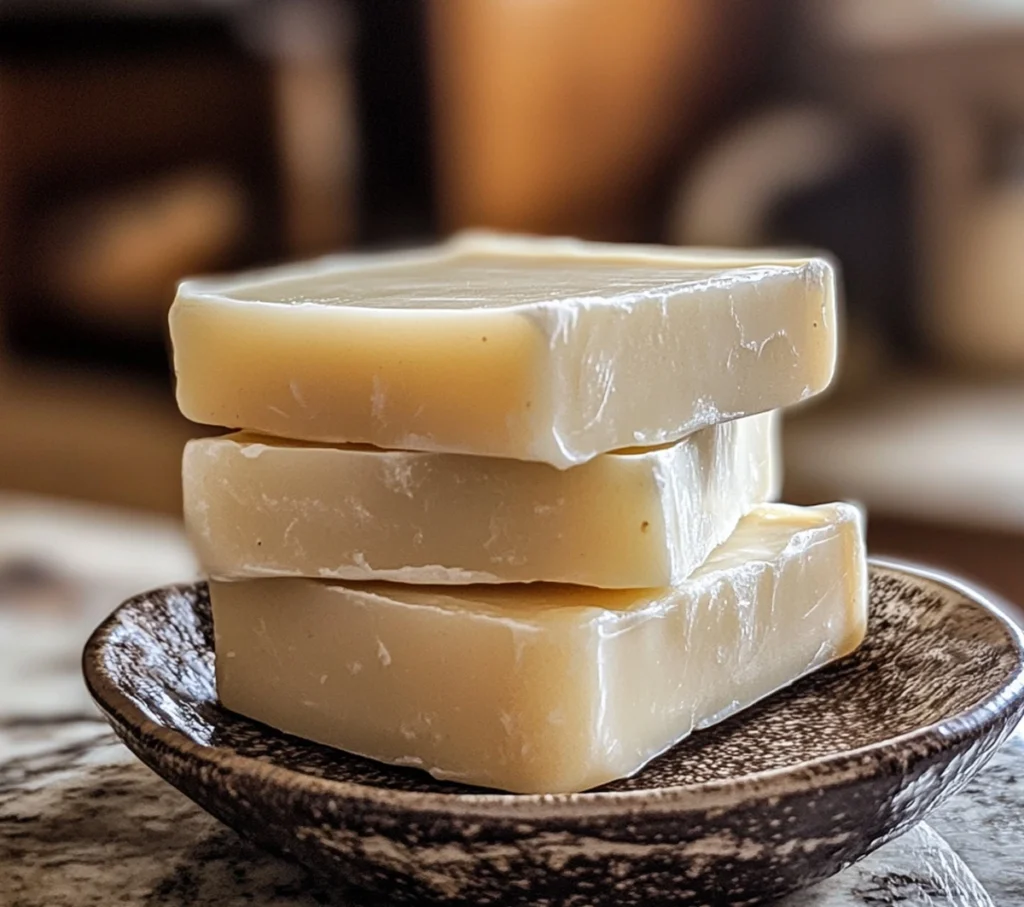
Making your own goat milk soap is not only rewarding but also highly beneficial for your skin. Goat milk is rich in vitamins and minerals, and combining it with the right oils can make for a truly moisturizing and luxurious soap. The right oils will affect everything from the soap’s lather to its hardness and overall conditioning.
When choosing oils, it’s important to understand how they contribute to the soap-making process. For instance, using olive oil results in a gentle, moisturizing soap, whereas coconut oil adds hardness and a bubbly lather. For more insights into choosing the right oils, check out this guide to making goat milk soap. Additionally, considering the sustainability of your ingredients, such as opting for sustainably sourced palm oil, is a good practice for both the environment and your soap-making.
Top Oils for Goat Milk Soap
Here are some of the best oils you can use for your goat milk soap:
- Olive Oil
Olive oil is one of the most common oils in soap making, known for its deeply moisturizing properties. It’s particularly gentle and ideal for people with sensitive skin.
Benefits: Moisturizing, gentle, rich in antioxidants. - Coconut Oil
Coconut oil adds hardness to the soap and creates a rich, bubbly lather. However, using too much can lead to dryness, so it’s often balanced with more moisturizing oils.
Benefits: Hardness, bubbly lather. - Palm Oil
Palm oil is known for adding durability to soap. It makes the bar harder and longer-lasting. Just be sure to source it sustainably.
Benefits: Durability, longer-lasting soap. - Castor Oil
Castor oil helps stabilize the soap’s lather and gives it a smooth, silky texture. It’s usually added in smaller amounts but plays a crucial role in the soap’s final feel.
Benefits: Stabilizes lather, adds a smooth feel. - Sweet Almond Oil
Sweet almond oil is packed with vitamin E and is known for its ability to deeply moisturize and soften the skin.
Benefits: Rich in nutrients, softens skin. - Avocado Oil
Avocado oil is high in vitamins A, D, and E, making it perfect for nourishing and moisturizing dry skin.
Benefits: Highly nourishing, moisturizing. - Shea Butter
Shea butter adds creaminess to the soap and provides deep moisturizing properties, making it an excellent option for those with dry or sensitive skin.
Benefits: Moisturizing, creamy texture.
How to Choose the Right Oil Combination for Goat Milk Soap
To create the perfect goat milk soap, you’ll need to combine different oils to achieve the right balance between hardness, moisture, and lather. Here’s how:
- Hardness: Oils like coconut oil and palm oil ensure that your soap is hard and long-lasting.
- Moisturizing: For a moisturizing bar, use oils like olive oil, sweet almond oil, and avocado oil.
- Lather: Oils like coconut oil and castor oil contribute to creating a rich, bubbly lather.
Step-by-Step Guide to Making Goat Milk Soap
Here’s a simple step-by-step process for making goat milk soap:
- Prepare the Goat Milk: Freeze your goat milk in ice cube trays. This will prevent it from scorching when you add the lye.
- Mix the Lye with Milk: Slowly add lye to the frozen milk, stirring continuously to avoid burning the milk.
- Melt the Oils: In a separate container, melt your oils such as olive oil, coconut oil, and shea butter.
- Combine the Mixtures: Once the lye mixture has cooled, combine it with the melted oils.
- Blend Until Trace: Use an immersion blender until the mixture thickens to a pudding-like texture.
- Add Optional Ingredients: You can add essential oils, like lavender or tea tree oil, for fragrance and additional benefits.
- Pour Into Molds: Pour the mixture into soap molds and allow it to set for 24 hours.
- Cure the Soap: Let the soap cure for 4-6 weeks to harden.
For further details on how to make soap at home, you can also explore this article on creative ways to use sourdough discard in your soap recipes.
Cold Process vs. Hot Process: Which is Better for Oils?
When making goat milk soap, you can use either the cold process or the hot process. Here’s how each impacts your oils:
- Cold Process: This method is best for preserving the natural benefits of the oils because no high heat is used.
- Hot Process: While this method speeds up the curing time, it may reduce the potency of some oils due to the higher heat.
FAQs about Oils in Goat Milk Soap
What are the best oils to use in goat milk soap?
The best oils include olive oil for moisture, coconut oil for lather and hardness, and castor oil to stabilize the bubbles.
Is coconut oil good for goat milk soap?
Yes, coconut oil adds a rich lather and helps the soap harden. However, using it in moderation is key to preventing dryness.
Can I use any oil in goat milk soap?
Not all oils are suitable. Stick to oils like olive oil, sweet almond oil, and castor oil for the best results.
How do I make goat milk soap more moisturizing?
To make your goat milk soap more moisturizing, use oils like shea butter, sweet almond oil, and avocado oil for their hydrating properties.
Conclusion: Choosing the Best Oils for Goat Milk Soap
Selecting the right oils is essential to making high-quality goat milk soap. Oils like olive oil, coconut oil, and castor oil can help create a soap that is both nourishing and effective for cleansing. Experimenting with different combinations of oils will allow you to customize your soap to your personal preferences.
If you’re looking for more DIY projects, you might also enjoy this guide on how to activate sourdough discard for another fun kitchen experiment.
